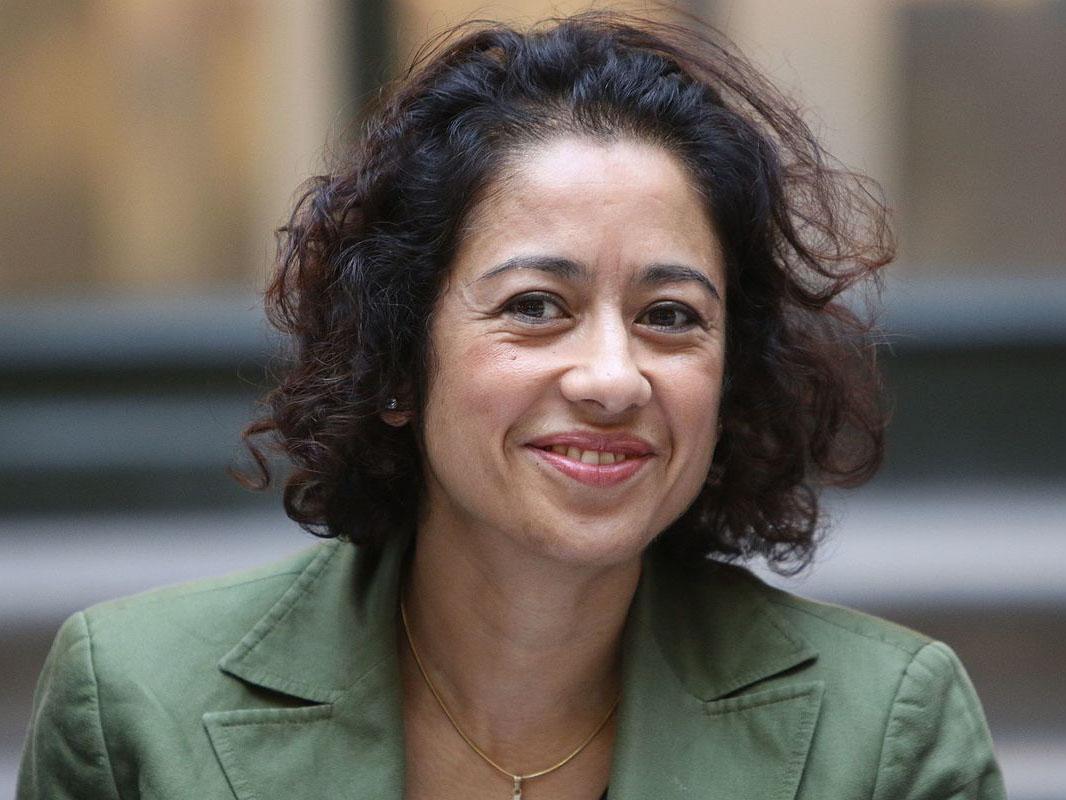Samira Ahmed takes BBC to court over claims she was paid less than male colleagues
Employment tribunal to hear of broadcaster’s ‘failure to provide equal pay for equal value work’

A prominent female BBC journalist is taking the broadcaster to court over claims she was paid less than her male colleagues for similar work.
Samira Ahmed, who presents Radio 4 arts programme Front Row and Newswatch on the BBC’s news channel, is accusing the corporation of “failure to provide equal pay for equal value work”.
The case is scheduled to be heard at a central London employment tribunal for three days next week, according to The Guardian.
Ms Ahmed is a member of BBC Women, a group that consists of hundreds of journalists and producers who have been discussing concerns about unequal pay since 2017.
Her case could be the first in a number of pay claims by female employees at the broadcaster.
Sam Smethers, chief executive of women’s rights organisation the Fawcett Society, said: “We are extremely concerned to see another equal pay case at the BBC and we understand that Samira Ahmed is not alone.
“We are also worried about the way women are being treated when they do come forward.
“The BBC needs to face up to the scale of the problem and fast. This is completely unacceptable. Women have a right to equal pay.”
Last year, the BBC apologised to Carrie Gracie, its former China editor, and agreed a financial settlement with her after acknowledging she had been underpaid for years by comparison with male colleagues.
Ms Gracie resigned from her position last year, and accused the publicly funded broadcaster of discrimination and breach of equality law. She had been offered the job as China editor on the basis she would receive the same pay as her fellow international editors, but later discovered men working in the role received at least 50 per cent more.
A report by parliament’s Digital, Culture, Media and Sport Committee in January warned the BBC was failing to act over alleged pay discrimination.
It stated: “We reiterate the conclusion of our inquiry: that our evidence suggests women within the BBC are working in comparable jobs to men but earning far less.”
The Equality and Human Rights Commission launched an investigation into the BBC over suspected pay discrimination against women in March, with investigators looking at salaries dating back to the beginning of 2016.
The Independent has contacted Ms Ahmed for comment about the employment tribunal. The BBC declined to comment on the case.
Join our commenting forum
Join thought-provoking conversations, follow other Independent readers and see their replies
Comments
Bookmark popover
Removed from bookmarks